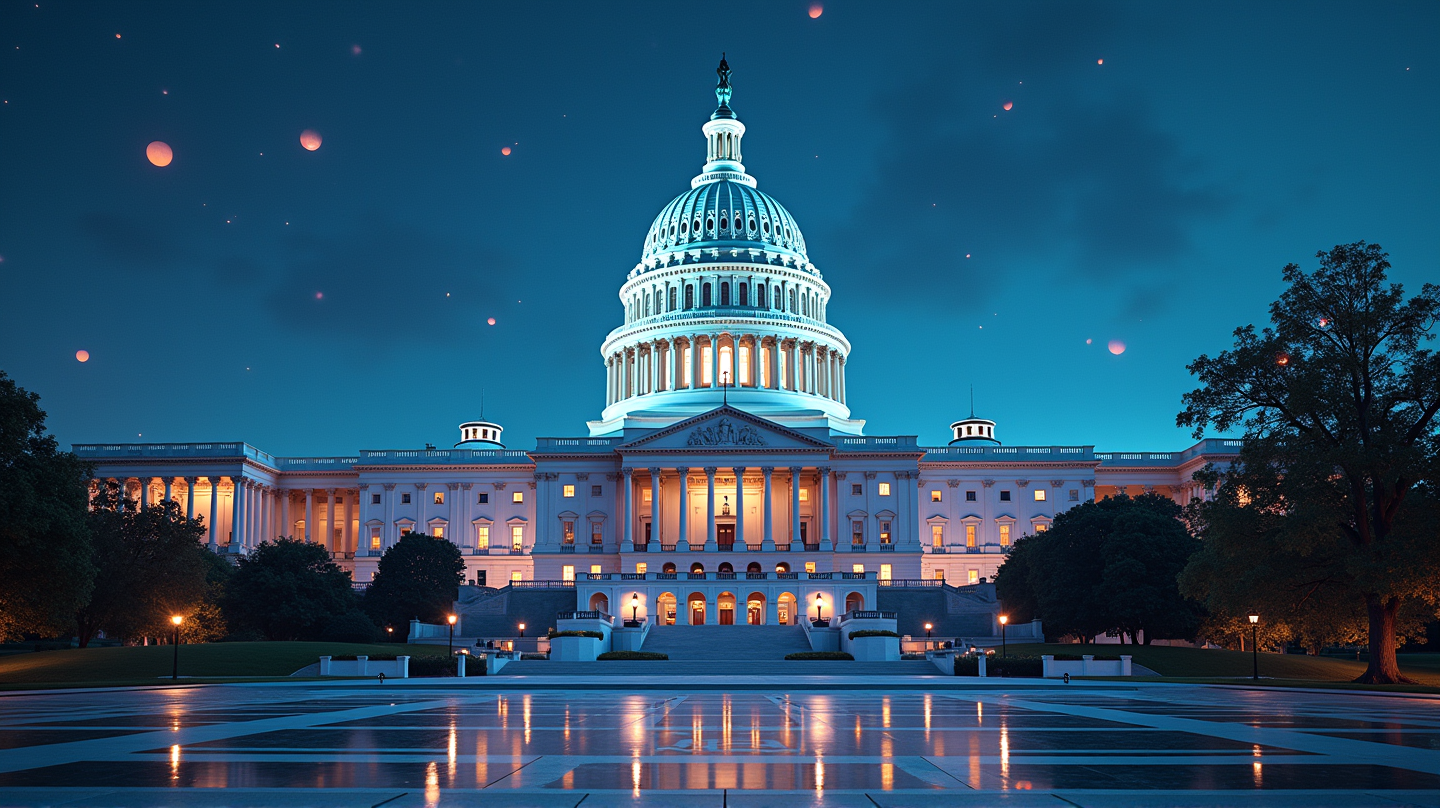As states stride forward with regulations to harness the transformative potential of artificial intelligence (AI), a looming threat now hovers on the horizon. The introduction of a 10-year nationwide moratorium on state AI-related bills presents complexities that might stall progress, leading stakeholders to reconsider their strategies toward AI legislation.
The Rise of State-Led AI Bills
In recent years, both Democratic and Republican states have embarked on the journey of legislating AI. Driven by consumer protection and the urge to prevent algorithmic bias, state legislators have proposed nearly 700 AI-related bills. While federal oversight remains absent, state leaders tirelessly work towards safeguarding citizens against rising AI challenges. According to Brookings, these initiatives reflect a proactive stance, even drawing inspiration from the European Union’s comprehensive AI Act.
Colorado’s AI Act: A Pioneering Example
Among the forerunners, Colorado stands out with its AI Act, scheduled for enactment in February 2026. Reflecting the EU model, the law targets high-risk AI systems that significantly influence aspects such as education, healthcare, and employment. Aiming to curb algorithmic discrimination, Colorado’s approach is emulated by states like Utah, Texas, Virginia, and California—each with their unique legislative path.
Addressing Targeted Use Cases
Beyond comprehensive laws, many states have tackled specific areas such as deepfakes. Utah leads with stringent penalties for distributing non-consensual intimate imagery and child abuse materials, garnering bipartisan support. Meanwhile, at least 16 states are proactively managing AI’s impact on elections, though not without challenges. Legal battles in California and Minnesota emphasize the delicate balance between regulation and free speech.
The Critical Role of State AGs
In scenarios without new legislation, state attorneys general (AGs) find themselves at the helm of AI oversight. They act as interpreters of existing consumer protection laws, pivotal in navigating AI’s ethical deployment. Notably, Texas’s AG has demonstrated this by securing settlements from AI firms over deceptive practices, underscoring the importance of clear consumer disclosure.
The Implications of a National Moratorium
The proposed moratorium by the House Energy and Commerce Committee would prohibit states from crafting AI-related legal boundaries. Although industry associations applaud federal standardization, the National Conference of State Legislators (NCSL) warns of stunted state innovation. A blanket preemption could halt meaningful oversight, putting privacy and civil rights at risk, and disregarding unique local needs.
As this legislative debate unfolds, maintaining a cautious yet adaptive approach is crucial. While the federal government must spearhead nationwide standards, the delicate interplay of state initiatives ensures tailored, responsive regulatory measures. The next steps in AI governance hinge on harmonizing these efforts with federal ambitions to craft a cohesive, comprehensive AI paradigm.
